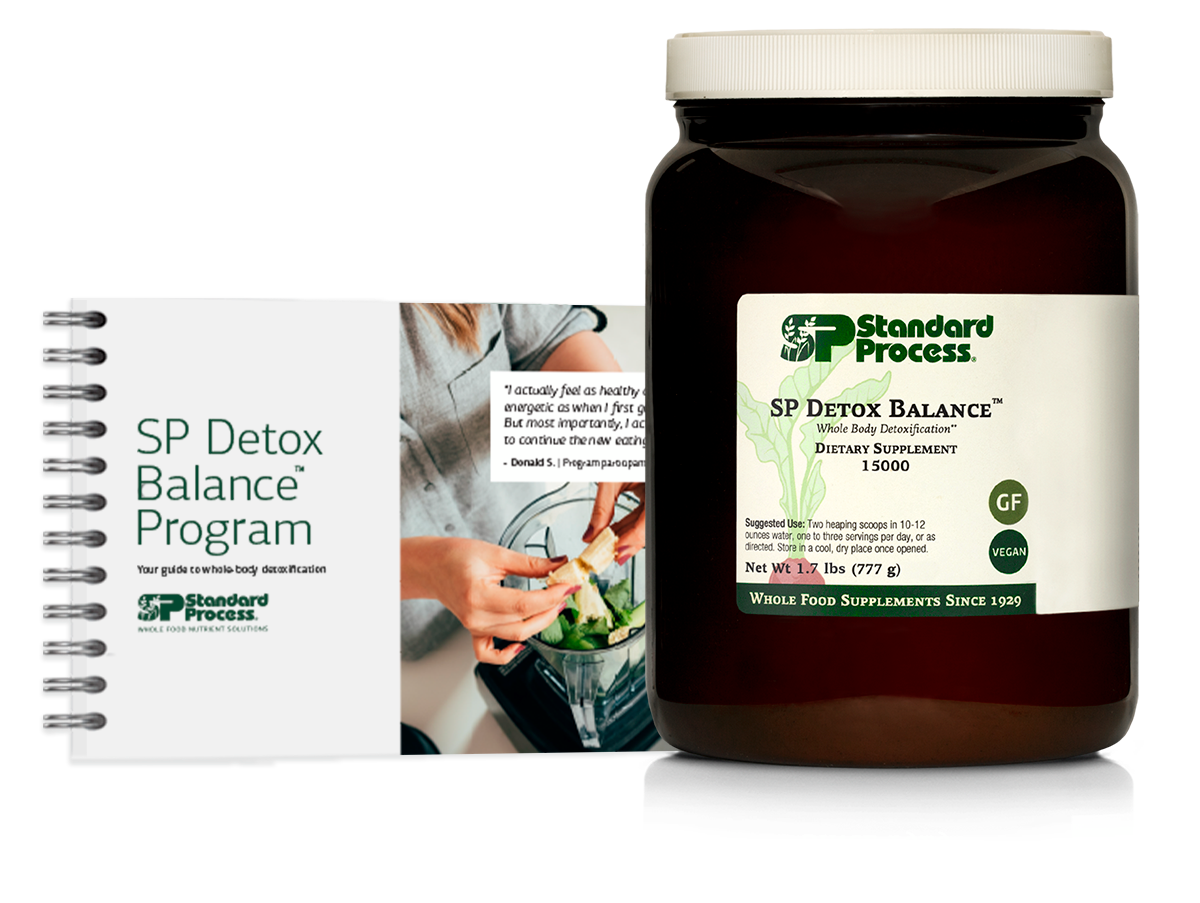Featured Article: Weed, Seed and Feed Protocol
Learn what the Pros know about Gut Reconditiong. Learn about the products and methods for re-establishing bacteria with Gut Flora Complex.
As pickleball continues its surge as America's fastest-growing sport, the rise in associated injuries, particularly among the senior demographic, is making a noticeable impact on healthcare services. This article delves into the common injuries faced by pickleball players, such as Rotator Cuff Tendinitis and Pickle Elbow, offering natural strategies and targeted supplements from Standard Process and Mediherb for effective recovery. With an estimated 36.5 million players in the U.S., understanding and preventing these injuries is crucial for sustaining the sport's growth and ensuring player well-being.
In this comprehensive guide, we explore the pivotal role of kidneys in maintaining optimal health, from their essential functions in filtering waste to the subtle signs indicating potential trouble. Highlighting the kidneys' synergy with the liver and skin in detoxifying the body, we emphasize natural strategies for supporting renal health, including hydration, dietary choices, and herbal remedies.
The 21 Day Purification program by Standard Process is the gold standard for a naturally easy way to purify and support healthy metabolism and detoxication. Offered by the NHICenter.
The adrenal glands help us to manage stress and stabilize blood sugar. These suprarenally located powerhouses do burn out and fatigue. It's important to understand how to properly nourish and support them with the best whole food support.
To make turmeric rice, start by rinsing the rice until the water runs clear. Then, sauté onion and garlic in olive oil and butter, add the rice and turmeric, pour in chicken broth, simmer until the liquid is absorbed, and remove the bay leaf before serving. This flavorful dish not only adds a vibrant touch to your meal but also introduces you to the potential health benefits of turmeric.

Drinking turmeric milk, also known as golden milk, may offer potential benefits such as reducing inflammation, supporting digestion, and providing antioxidants. However, it's important to consult with a healthcare professional before incorporating it into your routine, especially if you have any underlying health conditions or are taking medications.
Turmeric offers several potential benefits for women, including its anti-inflammatory properties that may help alleviate symptoms related to conditions like menstrual cramps and menopause. Additionally, its antioxidant properties may support overall health and wellness in women. Incorporating turmeric into meals or enjoying it as a tea can be a simple way for women to experience these potential benefits.
Our Latest Articles
New Article Alerts
Join our newsletter to be notified of new health articles directly in your email box. We do not spam, you can unsubscribe anytime.

Schedule Today!
We work with patients in-office and virtually to help support tired and underperforming body systems to let the body recover. Schedule an appointment to take your wellness to the next level.
Schedule Online Appointment















